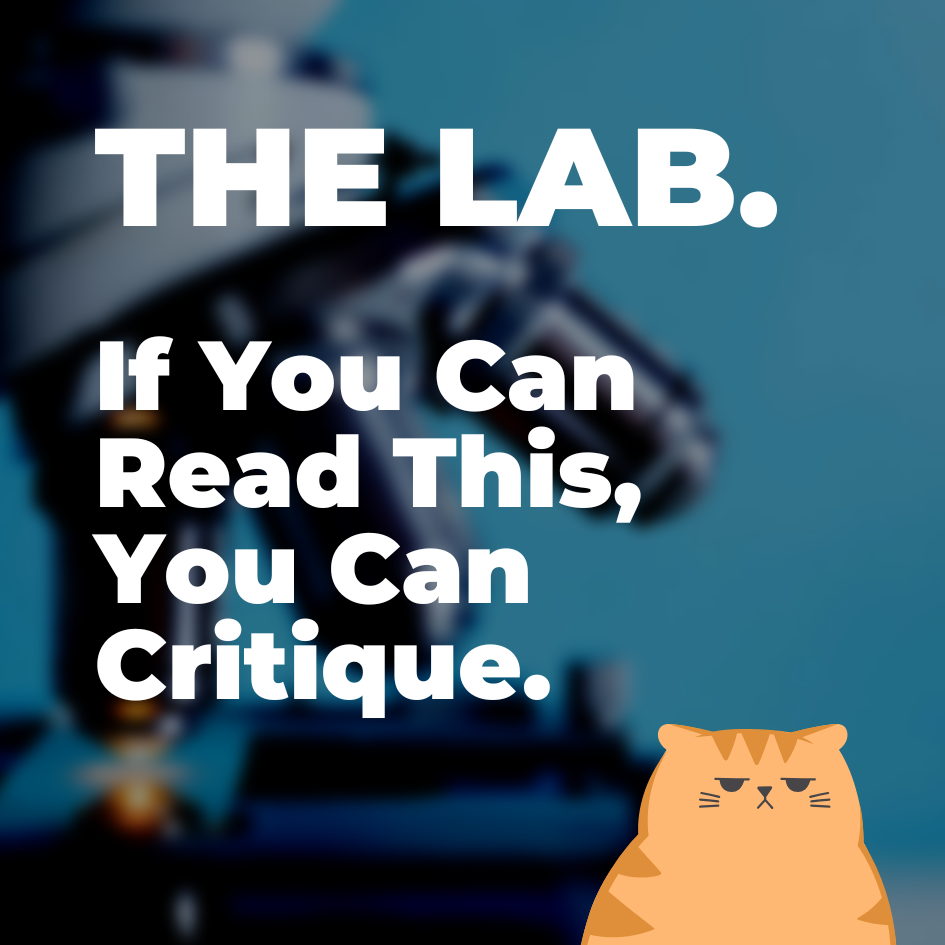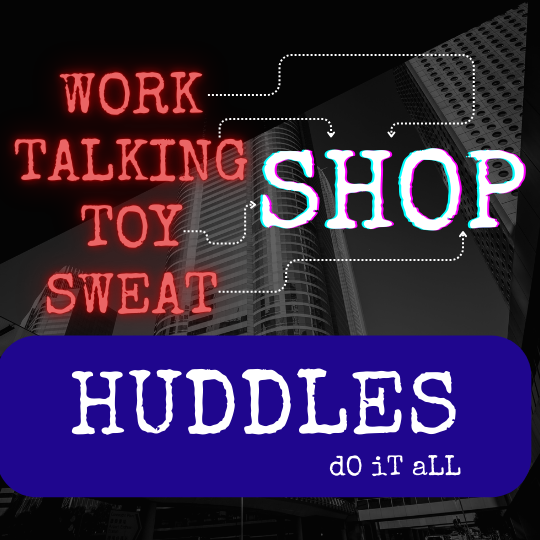You've heard that infernal (non-)debate, right? Are you a plotter or pantser? Are you someone who plans your story, or do you discover it as you write? I say it's a non-debate because I'd bet the farm that almost every writer employs both strategies, often simultaneously.
Every artform has form, by definition. And those forms are recognizable, established, expected. Critics discuss them endlessly. And artists play with form, push it, mould it, distort it, and occasionally make it into something new, sometimes gloriously.
For a writer, form is structure, the shape of the story, the acts, beats, genre conventions, and all that jazz. A commercial-fiction writer must have an awareness of it. And to those who cry foul, I would raise my colours and run out the guns. You can't write commercial fiction if you don't master structure. There I've said it. And it's a walk off the plank (or at least civil debate) if you challenge it.
So, how do you do it? How do you approach the issue of structure? How aware are you of the conventions of your chosen genre? How much do you intentionally subvert them?
In short, how do you handle the form?

Every artform has form, by definition. And those forms are recognizable, established, expected. Critics discuss them endlessly. And artists play with form, push it, mould it, distort it, and occasionally make it into something new, sometimes gloriously.
For a writer, form is structure, the shape of the story, the acts, beats, genre conventions, and all that jazz. A commercial-fiction writer must have an awareness of it. And to those who cry foul, I would raise my colours and run out the guns. You can't write commercial fiction if you don't master structure. There I've said it. And it's a walk off the plank (or at least civil debate) if you challenge it.
So, how do you do it? How do you approach the issue of structure? How aware are you of the conventions of your chosen genre? How much do you intentionally subvert them?
In short, how do you handle the form?







